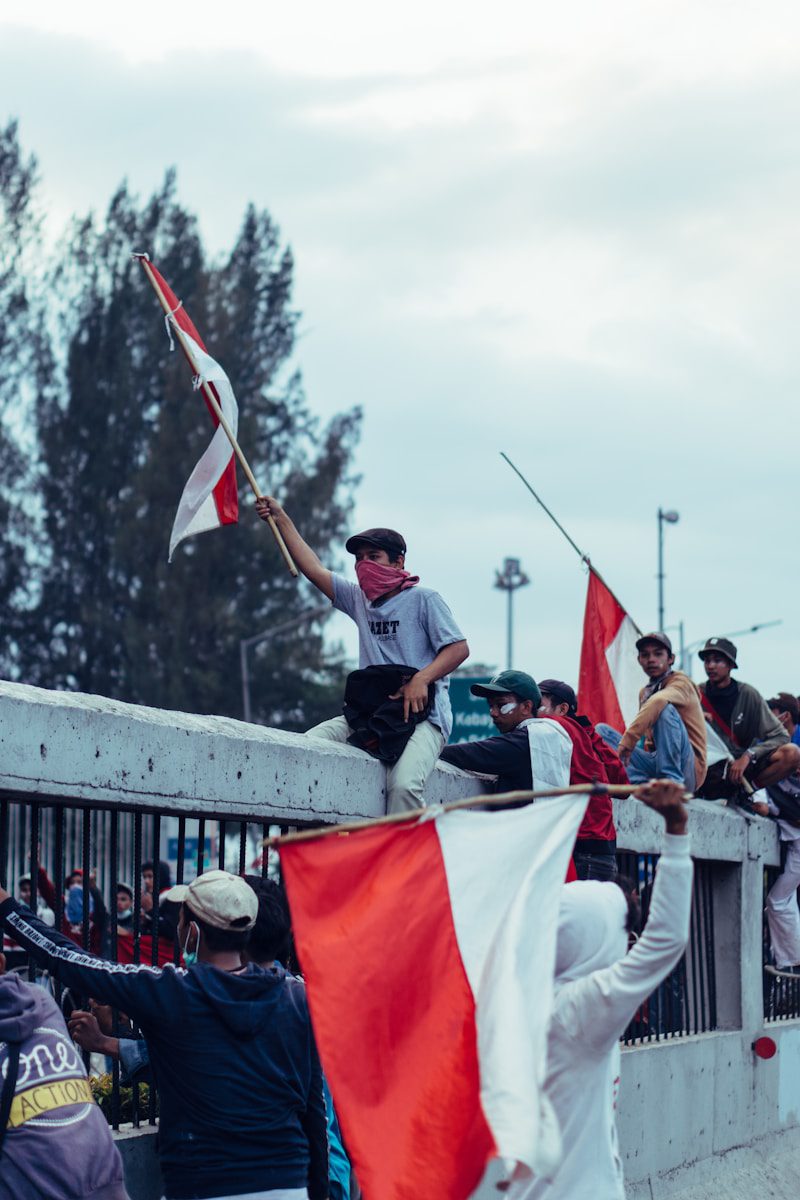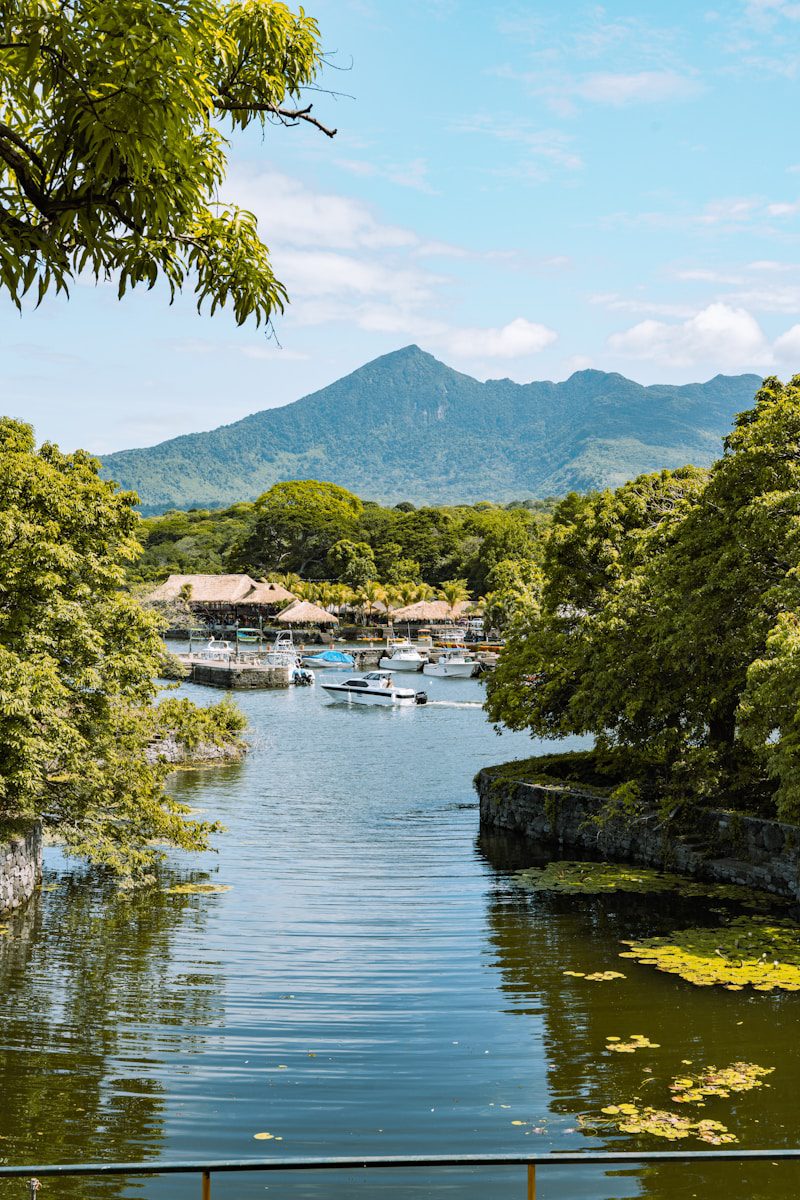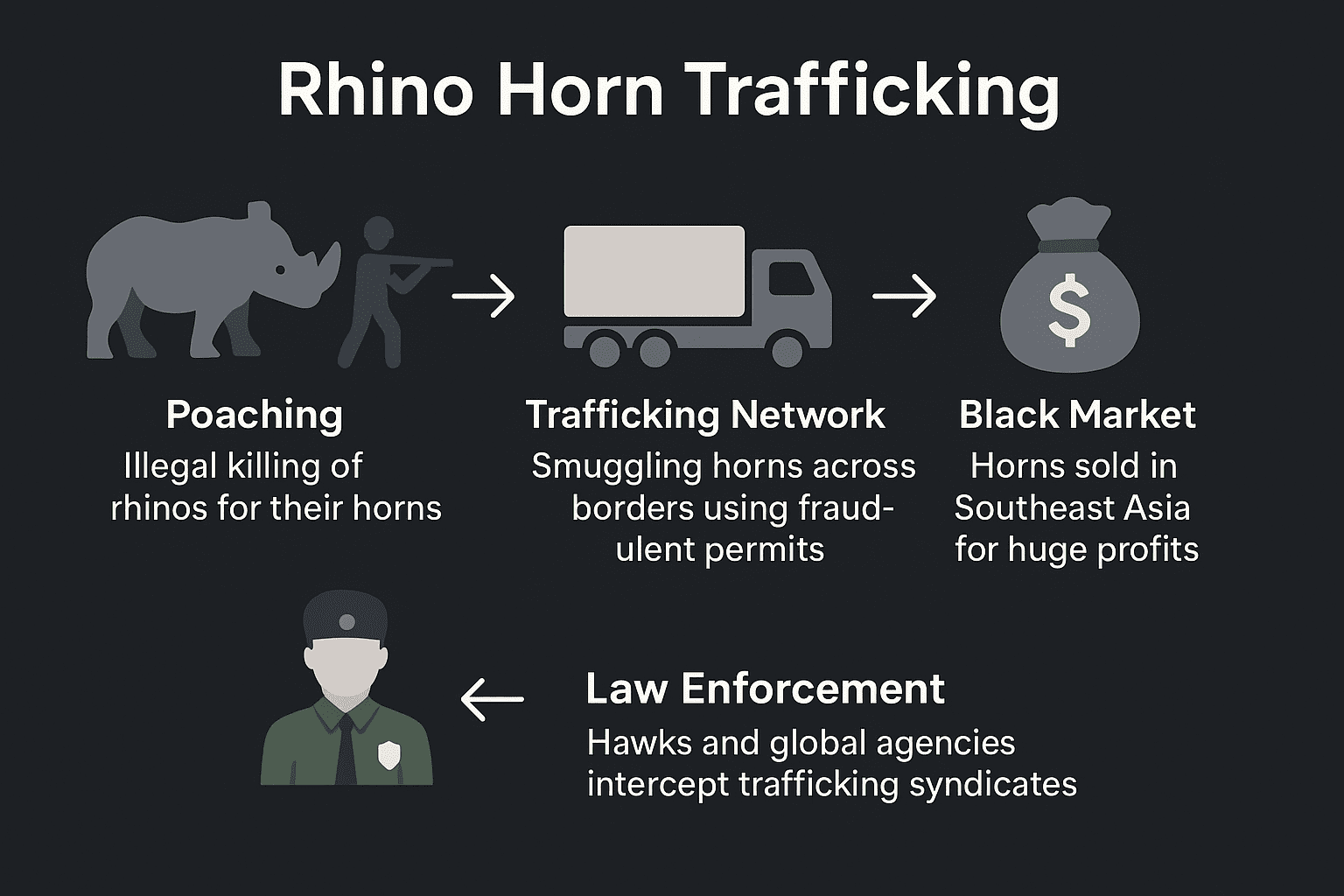Peru Commemorates 204 Years of Independence and Strengthens Ties with South Africa

Commemorates 204 Years of Independence and Strengthens Ties with South Africa
This year, proudly celebrates its 204th anniversary of independence, a monumental occasion that marks over two centuries since the nation broke free from colonial rule. The declaration of independence, famously proclaimed by General José de San Martín on July 28, 1821, ended more than 300 years of Spanish domination. This day serves as a powerful reminder to all Peruvians of their enduring commitment to liberty, national sovereignty, and democratic governance.
The official celebrations were graced by the presence of Ambassador José Javier Augusto Shaw, who conveyed heartfelt thanks to Dr. Pieter Groenewald, South Africa’s Minister of Correctional Services. Dr. Groenewald represented the South African government during the event and delivered a compelling address to the assembled guests, highlighting the strong ties between the two nations.
Peru’s history is incredibly rich and diverse, stretching back more than 5,000 years. This long timeline encompasses the rise and fall of complex pre-Incan civilizations, the powerful Inca Empire, and subsequent cultural influences from Africa, Spain, and Asia. This unique fusion has shaped Peru’s vibrant society and heritage. In modern times, Peru has established itself as one of Latin America’s most rapidly growing economies. Economic forecasts predict nearly 4% growth this year, driven by sectors like mining, agriculture, manufacturing, and services. Despite this progress, the country continues to face significant challenges, including poverty, inequality, corruption, and concerns related to public security.
On the global stage, Peru has embraced a foreign policy founded on dialogue, cooperation, and the adherence to international law and a rules-based order. Peru remains dedicated to the United Nations 2030 Agenda for Sustainable Development, implementing policies that prioritize human well-being and social inclusion. The government emphasizes sustainable growth that balances economic advancement with environmental protection and social equity.
Ambassador Shaw highlighted Peru’s recent leadership role as the chair of the Asia-Pacific Economic Cooperation (APEC) in 2024. Under the inspiring theme “Empower. Include. Grow.”, Peru demonstrated its steadfast commitment to fostering inclusive economic growth and strengthening partnerships across the Asia-Pacific region. This presidency further solidifies Peru’s position as a key player in regional and global economic affairs.
The bilateral relationship between Peru and South Africa reflects shared values such as democracy, respect for human rights, and a commitment to international cooperation. In 2023, Peru and South Africa held their first round of political consultations in Pretoria, an important step in deepening their diplomatic dialogue. Plans are underway to conduct a second round of consultations in Lima later this year, aiming to expand cooperation in vital areas such as trade, investment, tourism, and education.
Minister Groenewald emphasized the importance of economic collaboration between the two nations, stating, “By expanding our economic ties, we can create a more resilient partnership that enhances and strengthens our cooperation across various sectors.” This strategic approach aligns with both countries’ ambitions to foster sustainable development and improve the quality of life for their citizens.
The event was also an opportunity for attendees to celebrate Peru’s cultural heritage. Guests shared a toast with the iconic Peruvian pisco sour, a traditional cocktail that symbolizes friendship and goodwill. This gesture underscored the warmth and camaraderie that define the relationship between Peru and South Africa.
A Deep Dive into Peru’s Cultural and Historical Legacy
To truly appreciate the significance of Peru’s independence anniversary, it is essential to explore the nation’s deep historical roots. The region was once home to some of the most advanced ancient civilizations in the Americas, including the Norte Chico civilization and the Chavín culture, which laid the foundations for social and religious structures. Later, the Inca Empire rose to prominence, becoming the largest empire in pre-Columbian America, renowned for its remarkable engineering, agricultural practices, and intricate road systems.
The arrival of Spanish conquistadors in the 16th century brought dramatic changes, initiating a period of colonial rule characterized by cultural blending but also by exploitation and resistance. Over three centuries later, the fight for independence culminated in General José de San Martín’s declaration in 1821, sparking a new era of self-governance and nation-building.
Today, Peru’s population reflects this rich heritage, blending indigenous traditions with African, European, and Asian influences. This diversity is evident in Peru’s music, cuisine, festivals, and languages, making it a vibrant cultural mosaic. Efforts to preserve indigenous cultures and promote social inclusion remain a key focus for the government.
Economic Outlook and Development Priorities
Peru’s economic landscape is multifaceted and dynamic. The country benefits from abundant natural resources, particularly minerals such as gold, copper, and silver, which contribute significantly to export earnings. Agriculture remains another important sector, producing a variety of crops including coffee, asparagus, and avocados destined for global markets.
The government has also prioritized infrastructure development, innovation, and education as essential components of sustainable growth. Programs aimed at reducing poverty and inequality are underway, though significant challenges remain. Corruption and public security issues continue to affect many communities, highlighting the need for continued reforms and international cooperation.
Peru’s engagement in international forums like APEC and its partnerships with countries like South Africa demonstrate its strategic approach to fostering economic resilience and diversification.
Looking Ahead: Strengthening Peru-South Africa Relations
The diplomatic ties between Peru and South Africa are poised for further growth. Both nations recognize the mutual benefits of enhanced cooperation in areas such as trade, investment, tourism, education, and cultural exchange. The forthcoming political consultations are expected to pave the way for more comprehensive agreements that promote sustainable development and inclusive prosperity.
Additionally, collaboration in combating global challenges like climate change, security threats, and public health will likely feature prominently in future discussions. By leveraging their shared commitment to democracy and human rights, Peru and South Africa can serve as effective partners on the international stage.
Conclusion
Marking 204 years of independence, Peru not only honors its historic achievements but also looks forward with a clear vision of progress and partnership. The country’s rich cultural legacy, robust economic potential, and proactive foreign policy are key assets in its journey toward sustainable and inclusive growth. Strengthening relations with South Africa exemplifies Peru’s dedication to fostering global alliances based on shared values and mutual benefit. As both countries deepen their cooperation, they contribute positively to regional stability and development, reinforcing the importance of international solidarity in an increasingly interconnected world.
For more insights on international relations and economic development, visit our World News section.
Learn more about Peru’s role in APEC at APEC Official Website.
Discover South Africa’s diplomatic initiatives at South African Government Portal.




